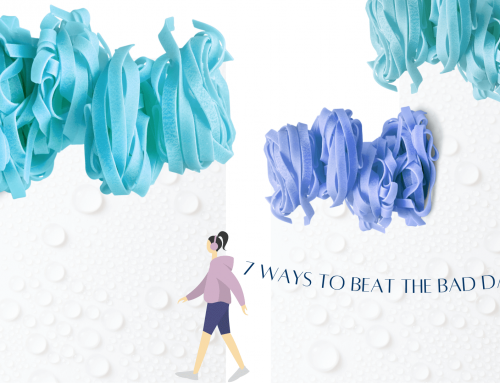If nothing ever changed, there’d be no butterflies.
~Author Unknown
I used to have a serious case of the Why Me’s. I did. For a while there I could have been the unofficial president of the Why Me Club. Typically these words—Why Me—will cross your mind or escape your lips when you find yourself in the middle of an uncomfortable situation. Situations that instigate such thinking can range from the small annoyance to the major life change.
If you have experienced something very big that knocked you flat, an out-of-the-blue event, you may have found yourself asking Why me?, too. About fifteen years ago my very handsome, fabulous, good-hearted, and intelligent husband of 9 years died suddenly. Just like that, he was gone. My life was shattered. I was a young widow with our two precious girls, who were only 3 and 6 years old. Why me, God? I asked. Over and over again I asked this question. My grief paralyzed me. What had I done to deserve such a tragedy? In retrospect, I realize that I was looking at life through selfish, unenlightened eyes. I thought I was the victim. Then, one day, I was able to see clearly. I wasn’t the victim; the experience just was what it was.
Sometimes you experience an uncomfortable repetition in your life. Your new boyfriend acts like your old boyfriend; a co-worker at a new job sabotages you, as did the co-worker at your last job. At times we may think, Why me? But instead we should think of these experiences as opportunities to become wiser.
A turning point in my life was when I heard Carolyn Myss, the author of Sacred Contracts, speak to a crowd in my hometown. She taught a lesson that changed me forever. She said: Imagine an angel watching over you. When you say, “Why me?” the angel pops up and asks, “Did I just hear you ask why? Because if I heard you ask why, then I guess you’ll have to experience the same situation again—until you stop asking that question.”
The point: if you keep asking why, you’ll be presented with a similar situation over and over again. I’m not saying that I would be fated to experience the death of another husband. But if I didn’t snap out of my grief, I might slip into an old pattern of feeling victimized.
After any experience, you should ask yourself: What did I learn from this, and how can I learn to avoid situations like this or deal with them in a more productive way? Stop asking why. Learn what you can. Become wiser. And move on. In my opinion that is the basis of wisdom.



